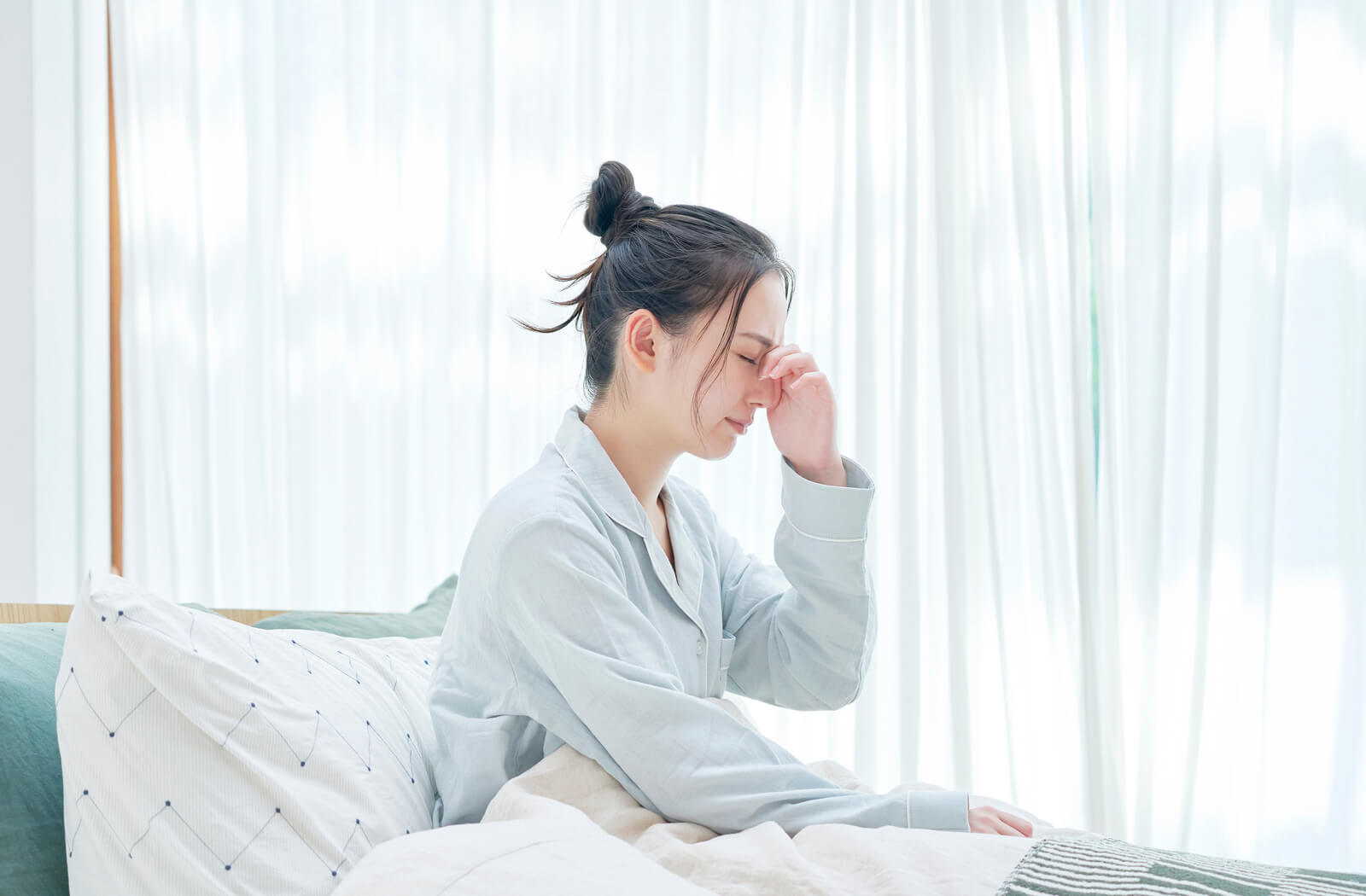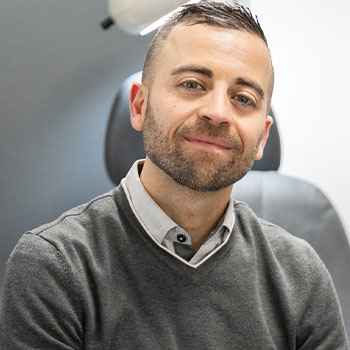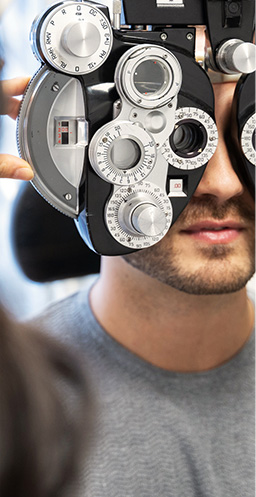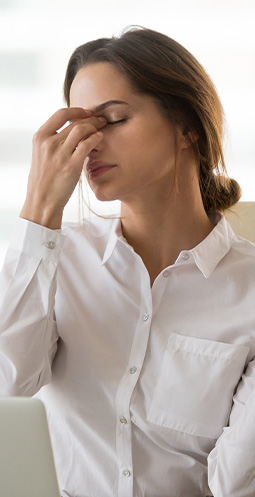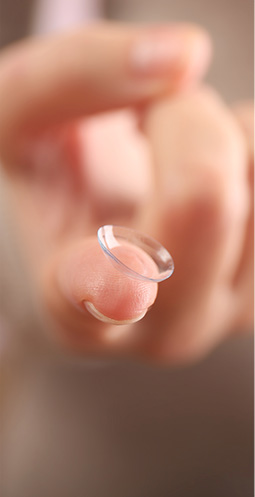Not only is dry eye syndrome prevalent among all age groups, but it can be very uncomfortable, especially when trying to get some sleep. Fortunately, there are many home remedies that you can try without needing to seek medical help.
On the other hand, if you’ve never really struggled with dry eyes and are suddenly experiencing severe symptoms, it’s a good idea to book an eye examination. Dry eye symptoms can accompany other eye diseases or conditions.
Once the eye doctor rules out any underlying causes, they can recommend the best treatment for your situation.
What is Dry Eye?
Dry eye syndrome or dry eye disease is commonly known as dry eye. Exactly as the name suggests, this condition results from inadequate tear production or premature tear film evaporation.
This is important to know when trying any home remedies. When an eye doctor is treating dry eye, they typically try to increase the tear production or prevent tear film evaporation.
Symptoms of Dry Eye
Chances are you’ll know immediately if you’re struggling with dry eye because the symptoms are pretty obvious. Here are some things you may be experiencing:
- Watery, red eyes
- Scratchy, burning, or itching feeling
- Light sensitivity
- Blurry vision
- Stringy mucus discharge
5 Tips to Prevent Dry Eye During Sleep
According to a study published in the Library of National Medicine, researchers estimate that over 20% of Canadians suffer some form of dry eye syndrome. So, let’s look at how you can minimize or reduce dry eye symptoms while you sleep.
Increase Humidity
If you’ve never really struggled with dry eye symptoms before, it could be from less humidity in the air. For example, during the winter, the air gets much drier throughout many places in Canada.
Setting up a bedside humidifier or several of them throughout the house is an easy way to increase the humidity within your home.
Eye Drops
Eye drops are one of the most common treatments for dry eye. If you have severe symptoms, your eye doctor may recommend a specific type of drop based on your particular condition.
Not all eye drops for dry eyes are the same, so it’s best to consult with your optometrist. Preservative free drops are generally more gentle on the eyes and more effective.
Warm Compress
Sometimes dry eye is caused by clogged meibomian glands. These glands are responsible for secreting oil that prevents the tear film from evaporating too quickly. One potential home remedy is a warm compress morning and evening. There are dry eye masks that are specifically designed for dry eyes symptoms such as the Bruder Mask or I Relief Mask
Place the dry eye mask in the microwave for about 20-25 seconds. Hold it on your closed eyelid for around 8 to 10 minutes. After you remove the mask, you can forcefully blink a few times. This helps to stimulate the glands and soften any buildup. You may feel a little more oil in your tears. This routine is ideally completed before bedtime.
Remove Contact Lenses
Unless your contacts are designed for overnight use, you should always take them out before sleeping. And if you find that you’re sensitive, you may not even be able to wear them overnight, even if they’re meant for it.
Another thing you can try is removing them earlier than usual before bed. This gives your eyes a chance to breathe for a bit and get a tear film built up before you close your eyes for the night.
Stay Hydrated
If you’re not hydrating properly, it’s pretty hard for your eyes to stay lubricated. Sometimes dry eye syndrome is caused by mild dehydration. Starting your morning with a glass of water and remaining hydrated throughout the day can help ward off dry eye symptoms.
Alternative Treatment Options
If you’ve tried some of these home remedies and they don’t seem to be helping, there are other options. Many optometrists offer various dry eye therapies to get your eyes feeling great again.
Here are some of the available therapies:
- Intense Regulated Pulsed Light Therapy (IRPL)
- Mibo Thermoflo
- Meibomian gland expression: this is similar to what you would do with the warm compresses but offered as an in-office treatment that is more effective at clearing the glands.
- Blephex
More Questions about Dry Eye?
Are you struggling with dry eye symptoms and suspect that there may be something else going on? Give our office a shout and book an appointment. Our optometrists are knowledgeable about dry eye, its causes, and treatments. They are happy to discuss all your treatment options with you and recommend the best one for your situation.


